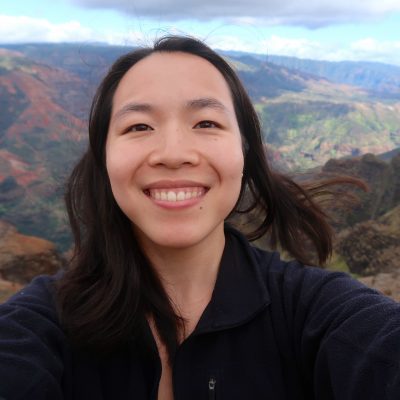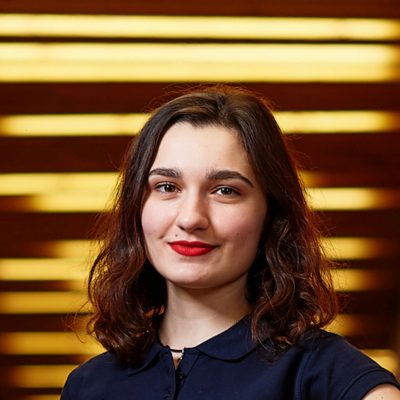Details
Article
During the 2019 Warsaw Fellowship program, Fellows wrote a brief article on the topic of their choosing in response to one or more of the activities/speakers during the program. Pieces written by these fellows represent their individual opinions.
I have a question for you: Who are you? Can you describe yourself in a single word, a single sentence? Is it even possible to encapsulate who you are in words?
In all likelihood, you have attempted to whittle yourself down to a digestible description. And, if we are honest, these descriptions never do us justice. Yet, we so often focus on our own and others’ singular identities, while missing the greater portrait of who we each are.
So, what does that mean for those who are driven to bring about change—for example, we Humanity in Action Fellows?
It means that we must abandon simplistic ideas of identity and expand our toolkits to include frameworks and theories that make space for the complex people and problems we seek to resolve. Today’s addition to the toolkit, then, is intersectionality. A concept developed by Kimberlè Crenshaw, intersectionality was intended to provide a framework for understanding overlapping identity discrimination, specifically for women of color in the United States (see U.S. Supreme Court Case, DeGraffenreid vs. General Motors). In today’s Fellow’s Discussion, we examined how this theory influences our own identities from our own and from others’ perspectives. While our discussion focused upon sharing our own intricate identities and reflecting on how identities intersect (i.e., gender and age or sexuality and nationality), this post will question how we act upon intersectionality.
When we lovingly perceive, we need not physically travel, but instead must acknowledge that we will not only not be able to understand experiences we have not had.
In Maria Lugones’ “‘World’-Traveling, and Loving Perception,” she proposes that we each attempt to travel between worlds to experience and understand what others have experienced. Now, for this type of traveling it is not necessary to literally travel. Instead it is necessary to have what is termed a “loving perception” in contrast to an “arrogant perception.” Those who arrogantly perceive produce worlds built upon assumption, and, therefore, fail to identify with others and lovingly perceive. When we lovingly perceive, we need not physically travel, but instead must acknowledge that we will not only not be able to understand experiences we have not had. Likewise, we must not attempt to dismiss that differences exist between us. Rather, we will “consult something other than [our] own will and interests and fears and imagination.”
With this framework in mind, I would encourage each of us to embrace loving perception in the context of intersectionality. Validating another’s experiences will not decrease the value of our own experiences, but instead will allow us to discover other worlds, particularly ones we seek to support in our drive toward change. Adding loving perception and intersectionality into our social justice and human rights toolkits provides a new vantage point. It allows for us to be multi-dimensional and, therefore, recognizes that others’ struggles and needed solutions should not be siloed, but interconnected. Remember, when I asked who were, if you could whittle yourself down, so that I would be able to understand this abbreviated version of you? What if instead I asked you if I could visit your “world”? Would you meet me at the intersection of you and me?
Validating another’s experiences will not decrease the value of our own experiences, but instead will allow us to discover other worlds, particularly ones we seek to support in our drive toward change.





